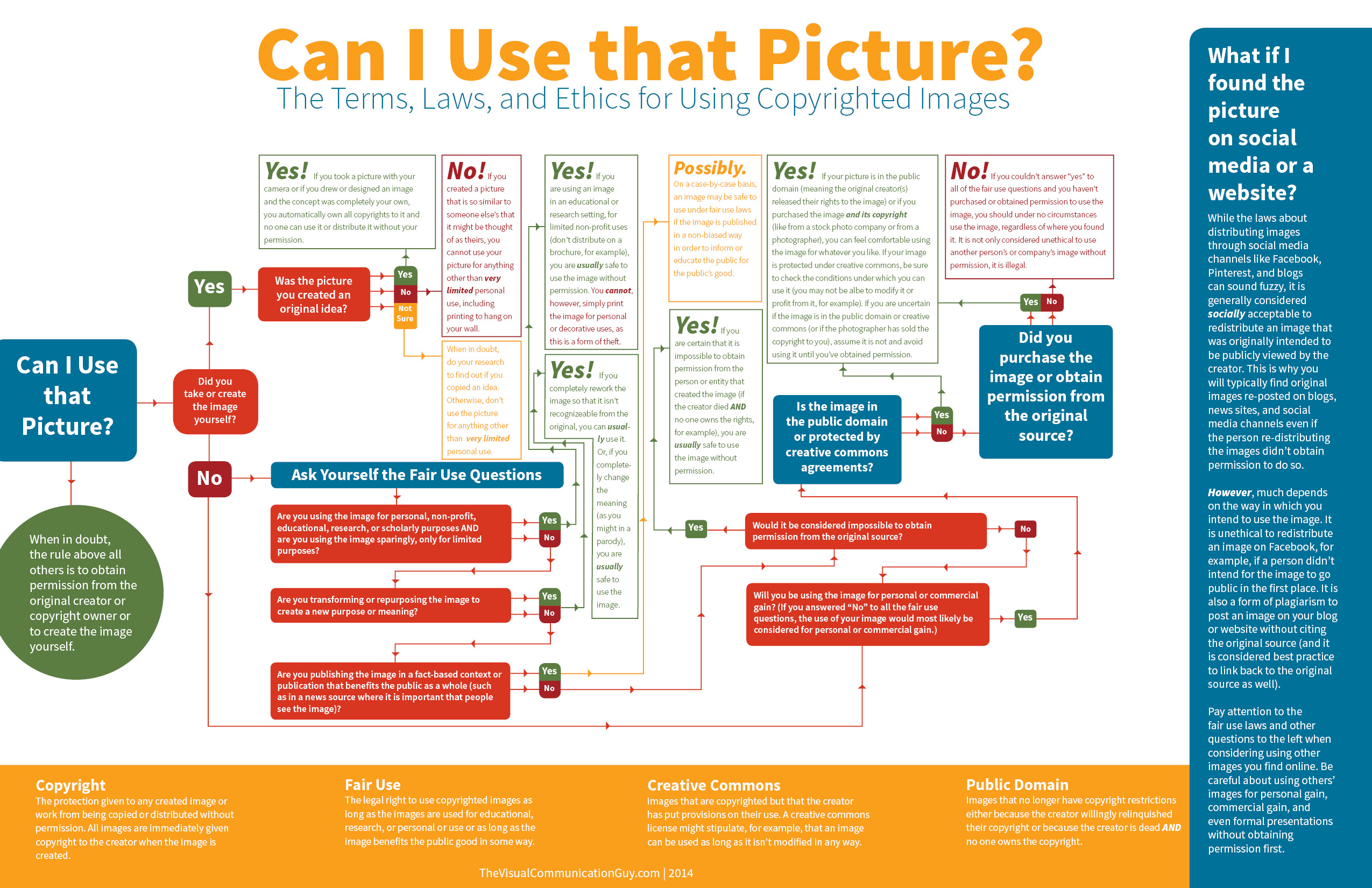Market Trends
Photo Copyright 101: Is it Legal to Use Photos from the Internet?
By EyeEm Team - 4 min read
What’s the right way to get and use images online?
The Internet has created this funny, or not so funny, illusion that any image you see is up for grabs to throw a caption over or repurpose for your own project. Such is not the case. Copyright is alive and well, and just as its purpose intended, it has served to protect photographers time and again – whether its a macaque taking a selfie or a photographer like Daniel Morel whose work was downloaded and shared from Twitter.
If you’re an editor, designer or a creative looking for images online, get to know these basic rules when it comes to copyright. Not only will it protect you in your own creative endeavors, but it will protect the photographer, too.
What is copyright?
Copyright is the legal right over intellectual property. This can encompass writing, music, film, design, photography and more. Copyright comes into effect upon the creation of the work, and the owner is the creator of the work who has power to grant legal right of the work to others.
How do you legally use a photo?
Paid Licensing
The owner of an image (the photographer) can grant you the right to use their image legally by licensing the image to you via a photography licensing platform, like EyeEm Market. This is the simplest way to access original images at fair prices for both you and the photographer. With two kinds of licensing, editorial and commercial, the image is priced depending on how you will be using it.
Fair Use
Fair Use comes allows you to use an image based on three conditions. First is if it used for limited non-profit and educational use. Second is if it is changed so drastically that it no longer has the same meaning or purpose, and third is if it is used informatively for the public good.
Creative Commons
Creative Commons is a kind of licensing. In this case, a photographer releases the rights to their image under certain conditions. These conditions vary and can be as simple as making sure the image appears with a credit to the owner. If a photographer gives you permission by email to use the image for free under their conditions, this would fall under Creative Commons.
Public Domain
Public Domain is also a case in which the owners rights have expired, been forfeited or do not apply. Examples include the works of Shakespeare and Beethoven.
What to Avoid
• Using a photo found online without addressing the above
• Ignoring the conditions of a paid or Creative Commons license
• Printing and keeping an image found online
• Neglecting to educate yourself on copyright law, including local laws
More resources
Note that the above is a general guideline to copyright, but law can vary case by case and from country to country. Learn more below and by researching on where you are.

By The Visual Communication Guy
• Can I Use That Picture? A Flowchart
• 8 Legal Cases Every Photographer Should Know
• The Best Ways to Be Sure You’re Legally Using Online Photos
